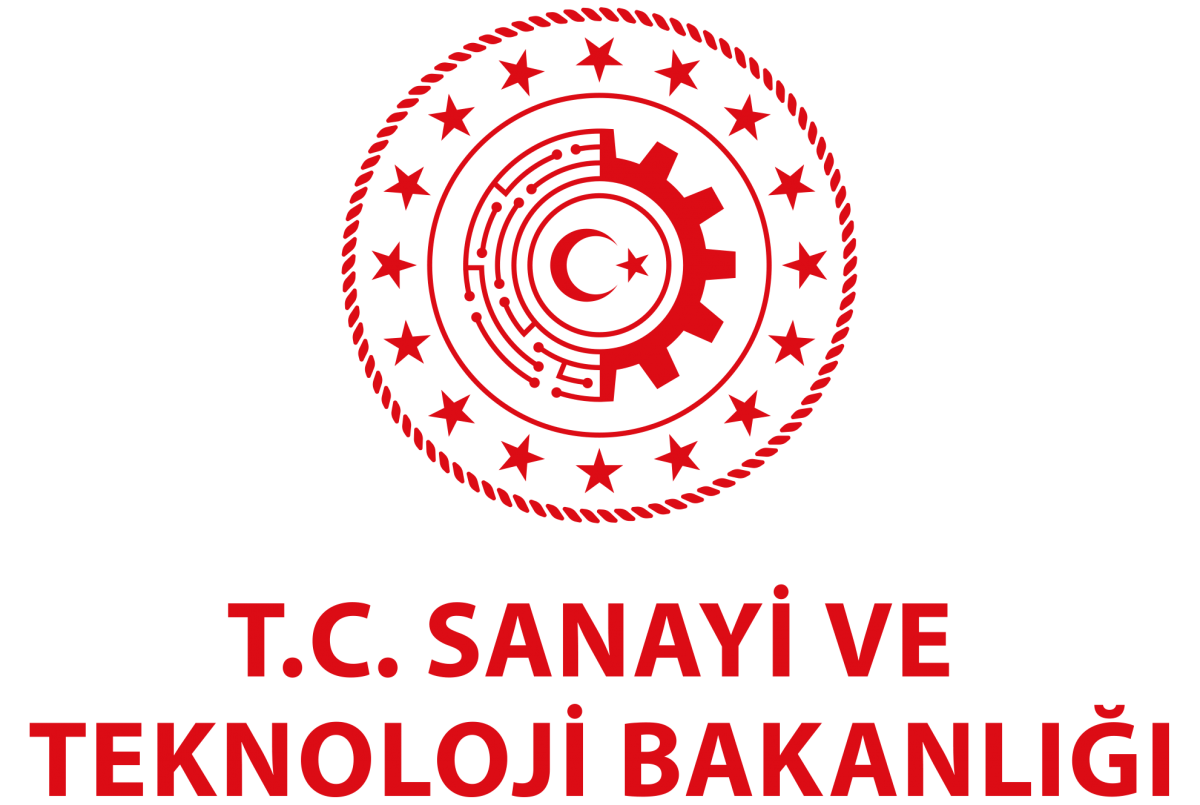On January 14, 1982 the Prime Ministry issued a decision for the establishment of a national metrology centre for primary measurements in order to respond to increasingly sophisticated measurement needs of society and industry. As the nation’s premier public scientific and technical research agency, TÜBİTAK was assigned to conduct a feasibility study for this purpose. In 1984, the Prime Ministry commissioned TÜBİTAK to establish a metrology centre upon the approval of the feasibility study and its conclusions.
In 1986, the National Physical and Technical Measurement Standards Centre was inaugurated and the first laboratories were put into operation in the same year.
In 1992 the National Physical and Technical Measurement Standards Centre was renamed as the National Metrology Institute (UME), and at the beginning of 1997, UME was administratively separated from the TÜBİTAK Marmara Research Centre to continue its activities as an autonomous unit of TÜBİTAK.
Investment in UME’s metrology infrastructure has since continued without interruption parallel to the country’s development goals and rapid economic growth. The institute now operates more than 40 laboratories, grouped into the three broad categories of physical, mechanical and chemical measurements, and employs a highly qualified staff of more than 200 persons.
TÜBİTAK UME has become a well developed institute with the new investments for measurements in the fields of chemistry, environment, bio-metrology, EMC, acoustics and high voltage providing traceability within the country and integration to the international metrology system.


